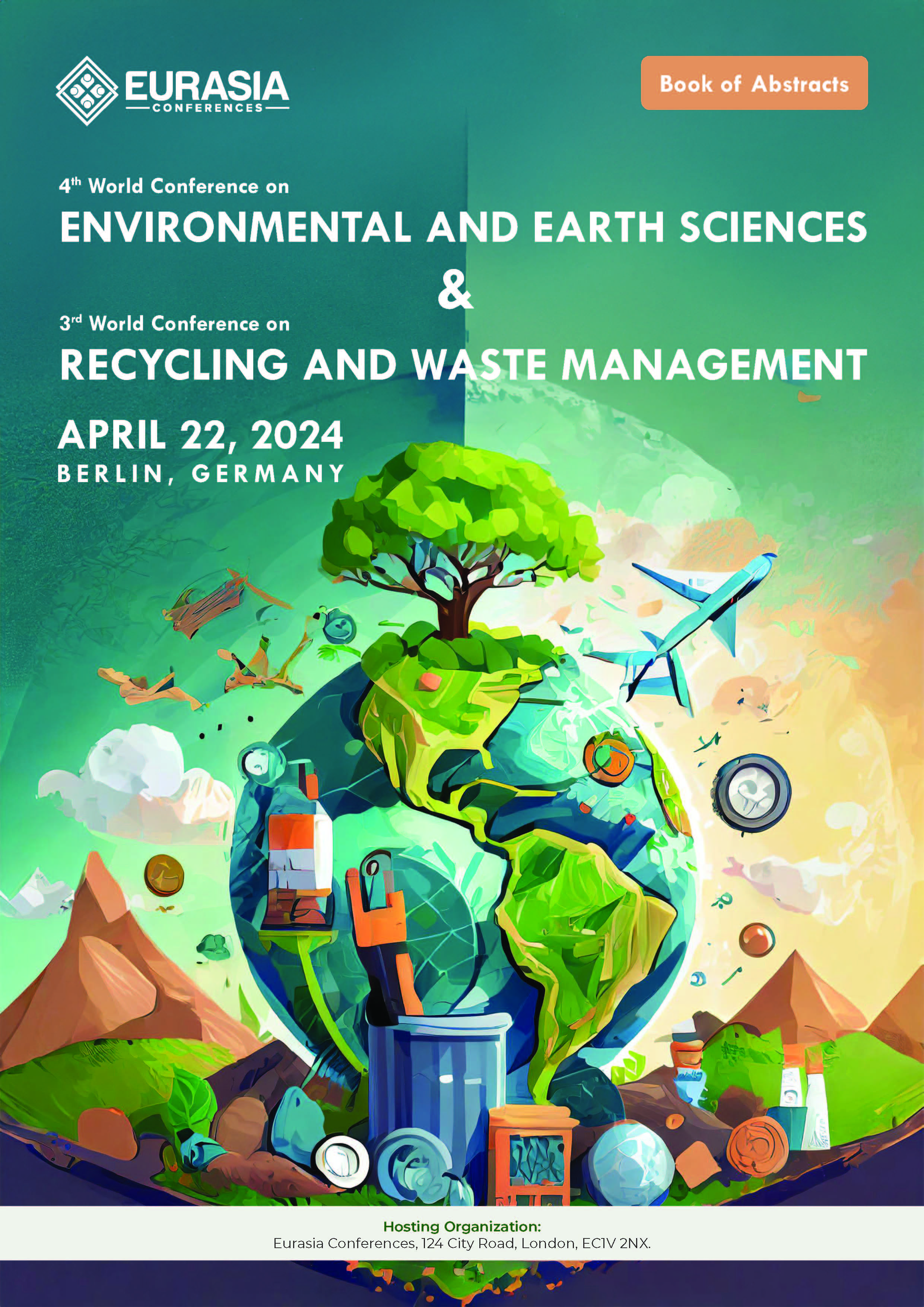
Dr. Elie Elhadj
The Industrial Revolution transformed trillions of tons of fossil fuels: crude oil, natural gas, and coal into trillions of tons of harmful and very long-lasting greenhouse gases: carbon dioxide, methane, and nitrous oxide. Agricultural produce, food-making, transportation, and consumption are the biggest emitters of greenhouse gases. Decarbonizing foodstuffs can go a long way towards decarbonizing agriculture, electricity generation, manufacturing industries, and transport.
I will divide the struggle to reach net zero greenhouse gas emissions into two phases. The first could eliminate, more than half of global demand for crude oil by 2040/2050, thanks to the electric vehicle (EV) and to impact of Russia’s war on Ukraine for awakening oil importing countries to the national security risks of oil imports. The second phase will end burning coal and natural gas in electricity power plants by 2080/2090, thanks to the financial advantages of green energy and to the national security fears of imported natural gas and coal.
In this presentation, I will examine why a serious reduction in burning fossil fuels over the past six decades has been elusive. I will address the likelihood of success of bringing global greenhouse gas emissions to net zero by 2050, as called for in the 2015 Paris Climate Agreement. Of the myriad uses of fossil fuels, I will focus on the potential to eliminate the use of crude oil from the transport sector, coal and natural gas use from electricity generation, and natural gas from agriculture.